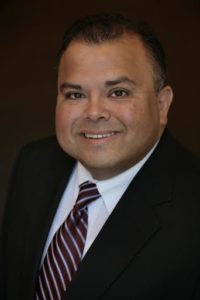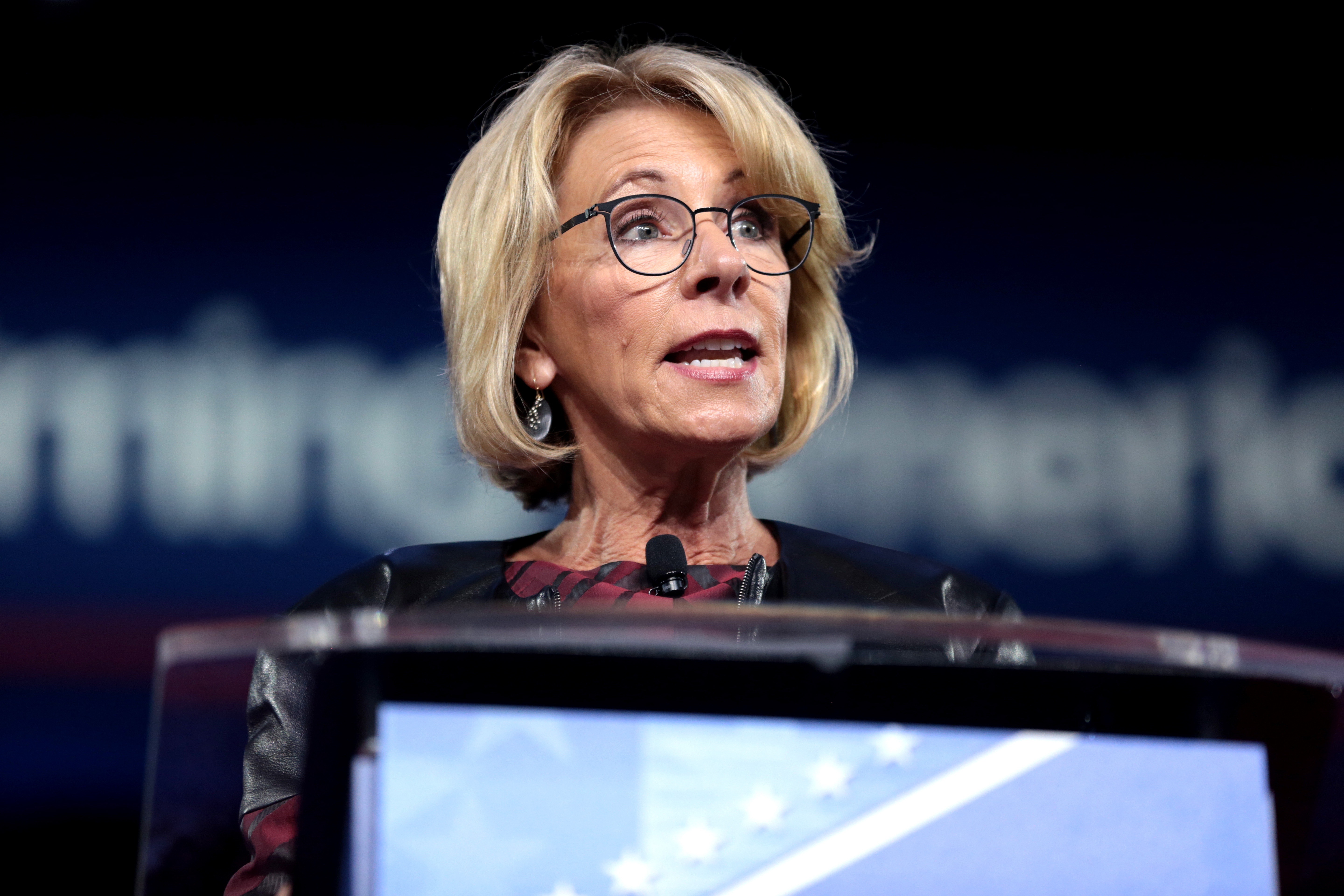By Timothy Fanning
Last month, Education Secretary Betsy DeVos signaled that she would reconsider the Obama-era guidelines that increased protections for victims of sexual violence on college campuses. Critics of the guidelines say they go too far, creating a bias against students accused of assault.
Under fire is the Obama administration standard of evidence, where all sexual assault complaints should be investigated using a “preponderance of evidence” standard. This is a lower burden of proof than the “clear and convincing evidence” standard previously used by many schools and the “beyond a reasonable doubt” standard used in criminal courts.

Under the Obama-era guidelines, university conduct boards examine the accused person to determine whether they were more likely than not in violation of college system policy. From those findings, sanctions are determined based on the severity of the incident that occurred.
“I think that on one level it makes sense that the Office of Civil Rights (in the Department of Education) should be calling into question things like ‘how are we providing the process and what is the most fair for all parties involved,” said Dean of Students Jacob Diaz. “To me, this is part and parcel of having any new presidential administration in place. I think those accused should question the (Obama-era) policies. It’s in their right to question how this is being applied in both an academic institution as well as legally.”
Victims of sexual violence say that the Obama-era guidance empowered women to come forward in a school system they believe has long failed to bring them justice.
Supporters of the Obama-era guidance praised it and said the increased enforcement was needed to prevent schools from systemically sweeping sexual assault under the rug.
Before the Obama-era guidelines, only 5 percent of victims reported the assault, and most schools operated on a system where unless a victim made a complaint, and was willing to see the course of a court case to the end, the system did not have to act or respond, according to Peter Lake, professor at Stetson University College of Law and an expert in Title IX, the law that forbids sex discrimination at federally funded institutions.
The decision to revisit Title IX came after DeVos met in private with women who say they were assaulted, accused students and their families, advocates for both sides and higher education officials. It was the first step in an effort to re-examine policies in how universities and colleges handle sexual violence.
“I think President Trump’s administration is starting to look at the Office of Civil Rights (in the Education Department) in order to unearth some things to find what is better from (the administration’s) perspective,” said Diaz. “They want to know how these laws and policies have been implemented in our educational institutions thus far.”
“I think what colleges focused heavily on the most was to fill the need for adequate grievance systems that could be adequately responsive to sexual violence issues,” said Lake.
Stricter discipline systems
Many colleges were concerned that the systems that were in place were not sufficient to meet the new Obama-era mandates. This set the industry into a frenzy to come into compliance, particularly with the necessary grievance and discipline system.
While the number of reported crimes has dropped across college campuses nationwide, the number of sexual assaults has significantly increased from about 4,000 in 2012 to 5,000 in 2013, according to the National Center for Education Statistics and the American Institutes for Research. The report indicated that this was likely due in part to more diligent reporting of such offenses both by victims and institutions.
But Lake fears that some schools may have gone too far in the discipline system.
“My concern all along was that you’re asking civilian-run systems to use legal standards that are used in court, and try to mimic them,” said Lake. “I’m not so sure that when a college uses any legal standard and tries to imitate it that they’re actually operating in exactly the way a court would with that standard.”
Lake believes that by making conduct board hearings look more like a court process, it left respondents feeling like they were unfairly treated by the process. This, he says, is what has prompted so many men accused of sexual assault to push back against campus disciplinary proceedings. To clear their names, respondents are taking their former schools to court.
Success can mean re-enrollment or having sanctions erased.
Title IX For All, an organization that advocates gender equity in education, counts 170 such lawsuits since 2011. In Florida, that number is five.
There have been two such cases in the USF System, the most recent being former student body vice president Samuel Goetz, who filed a suit against the university in June, stating that the university failed to provide him his due process.
The second was in 2012, when a man identified as John Doe, sued the USF Board of Trustees for failing to provide him due process in a sexual assault case. He also filed a Title IX claim, saying that sexual assault has a disparate impact on male students. Both were rejected by the U.S. District Court for the Middle District of Florida in 2015.
Information for this article was gathered from The Tampa Bay Times, The New York Times and The Wall Street Journal.



